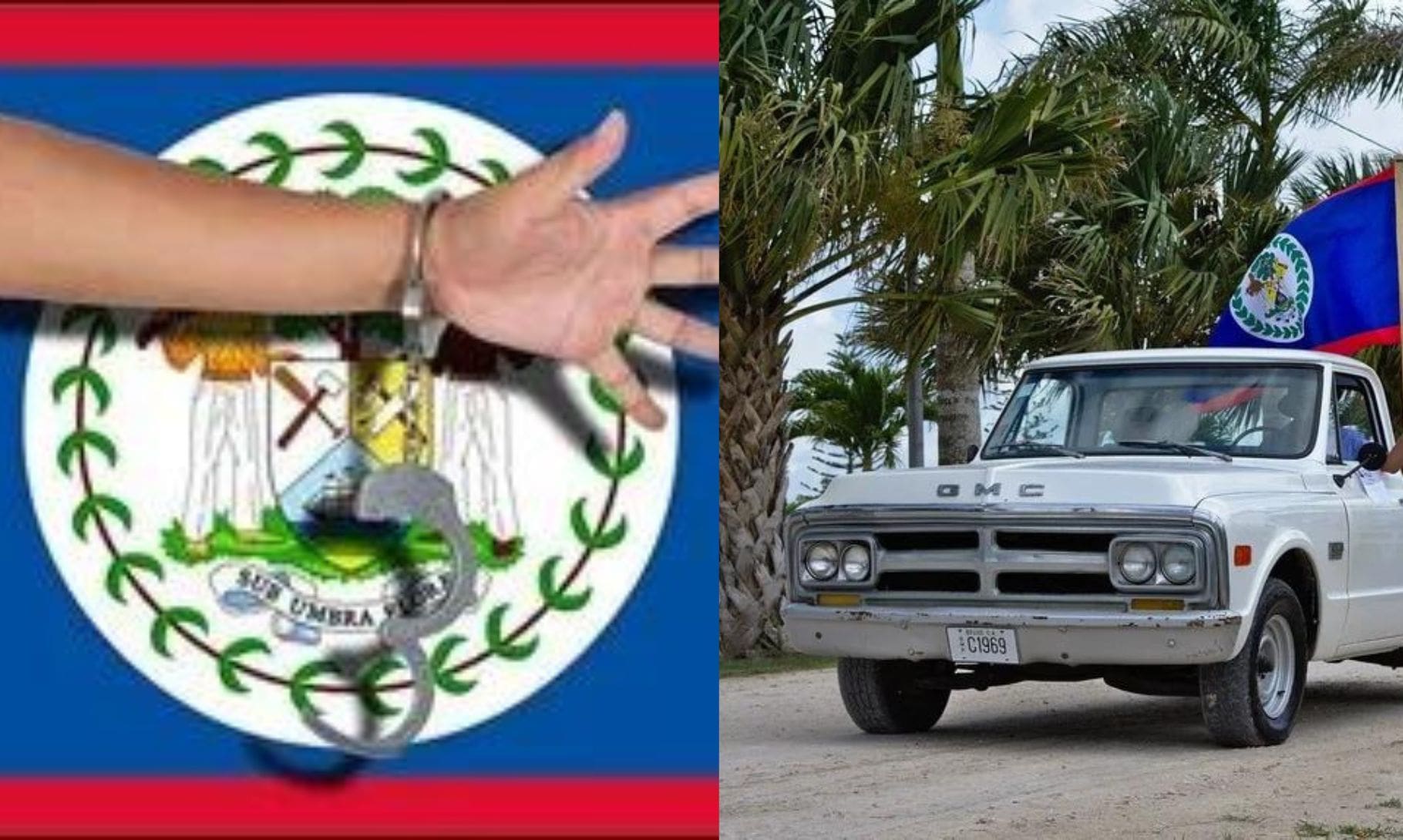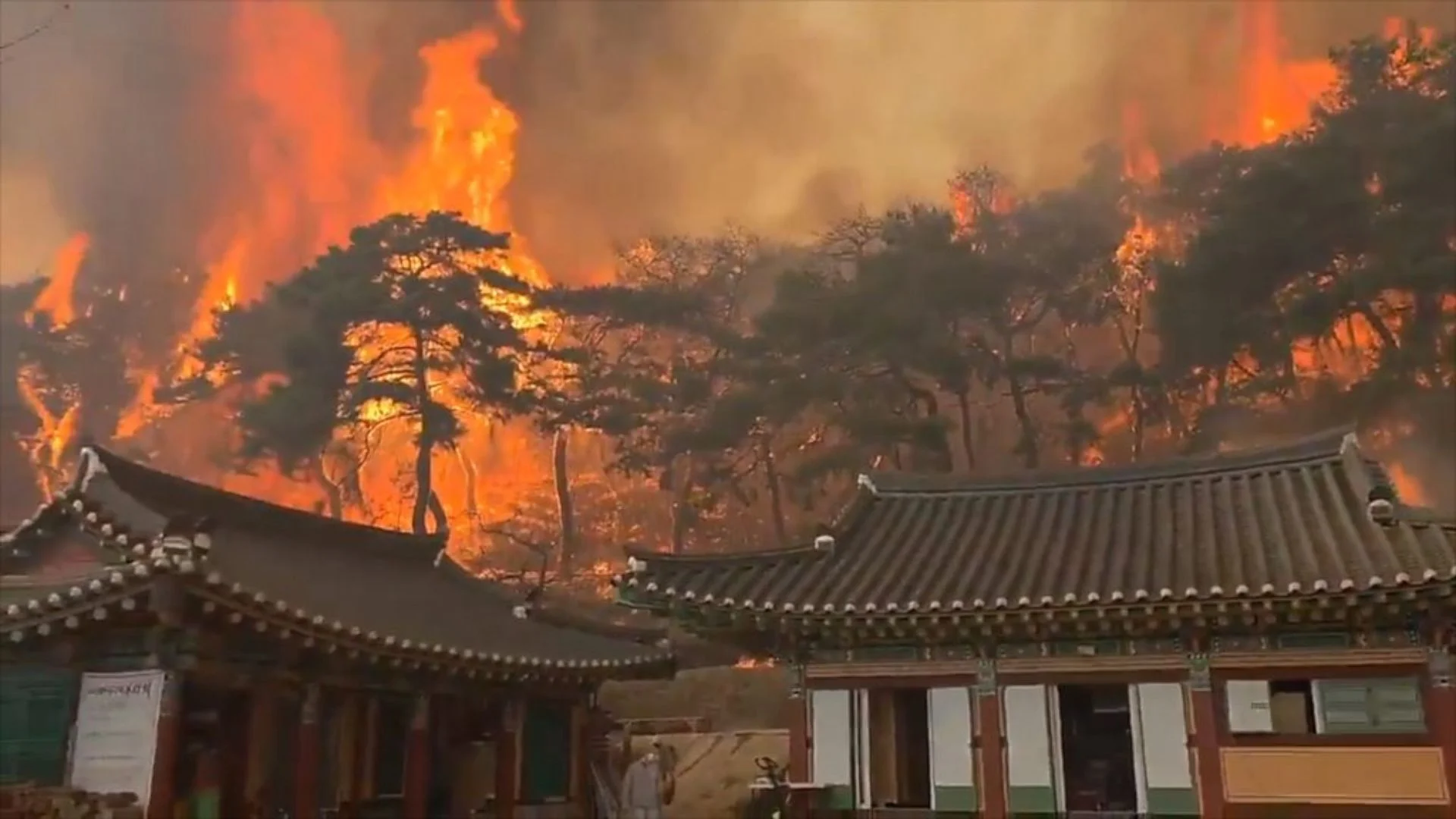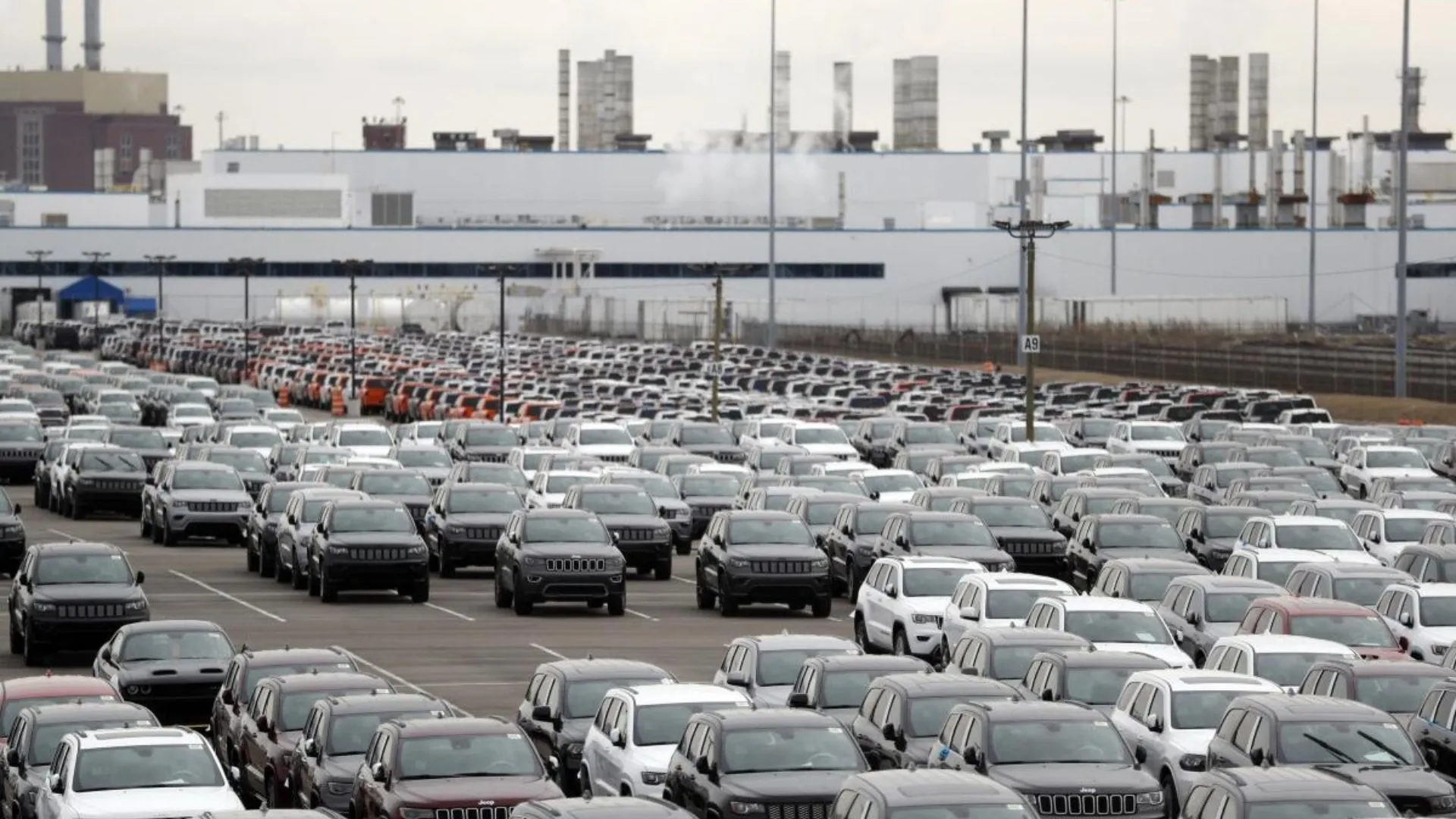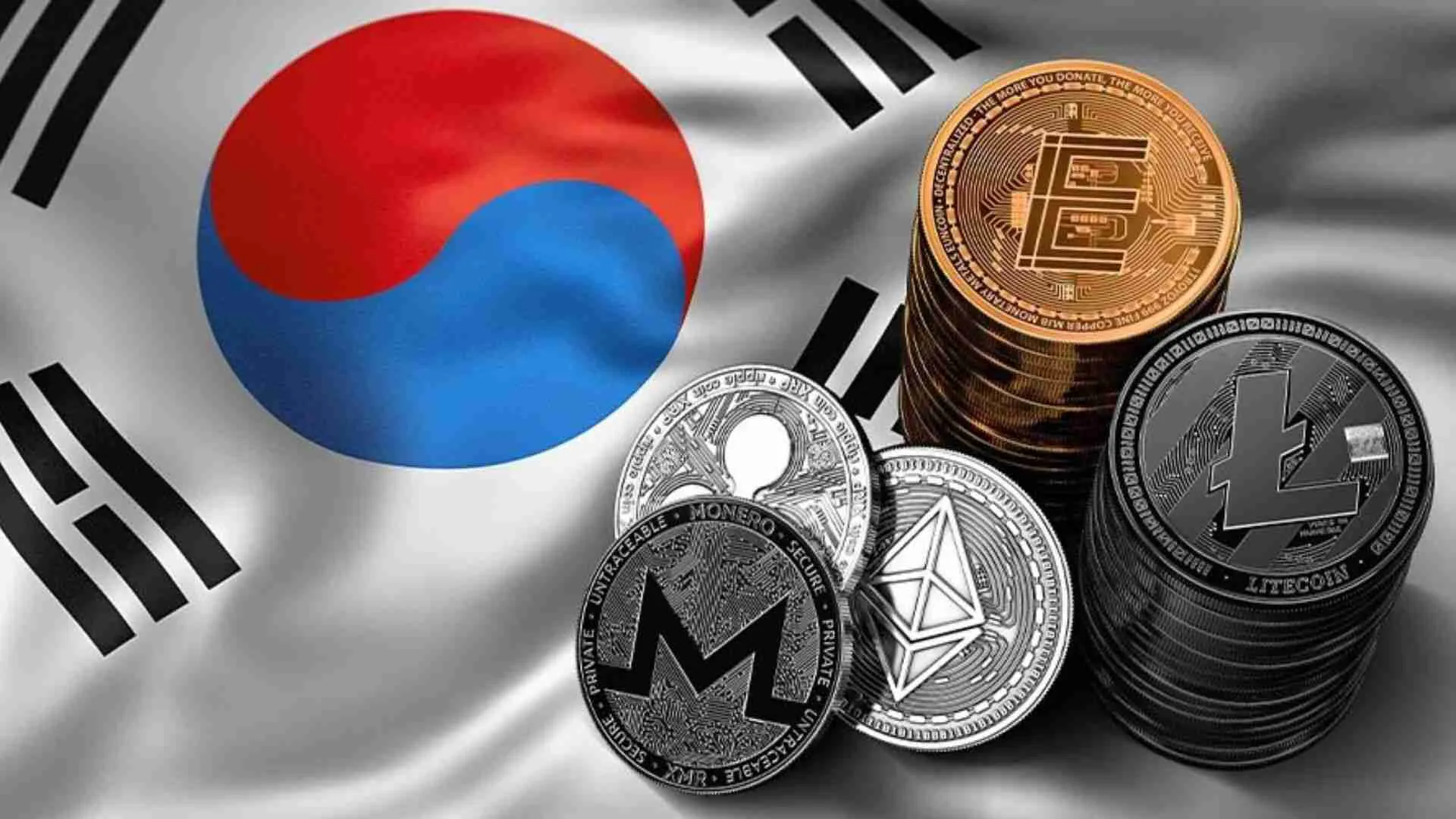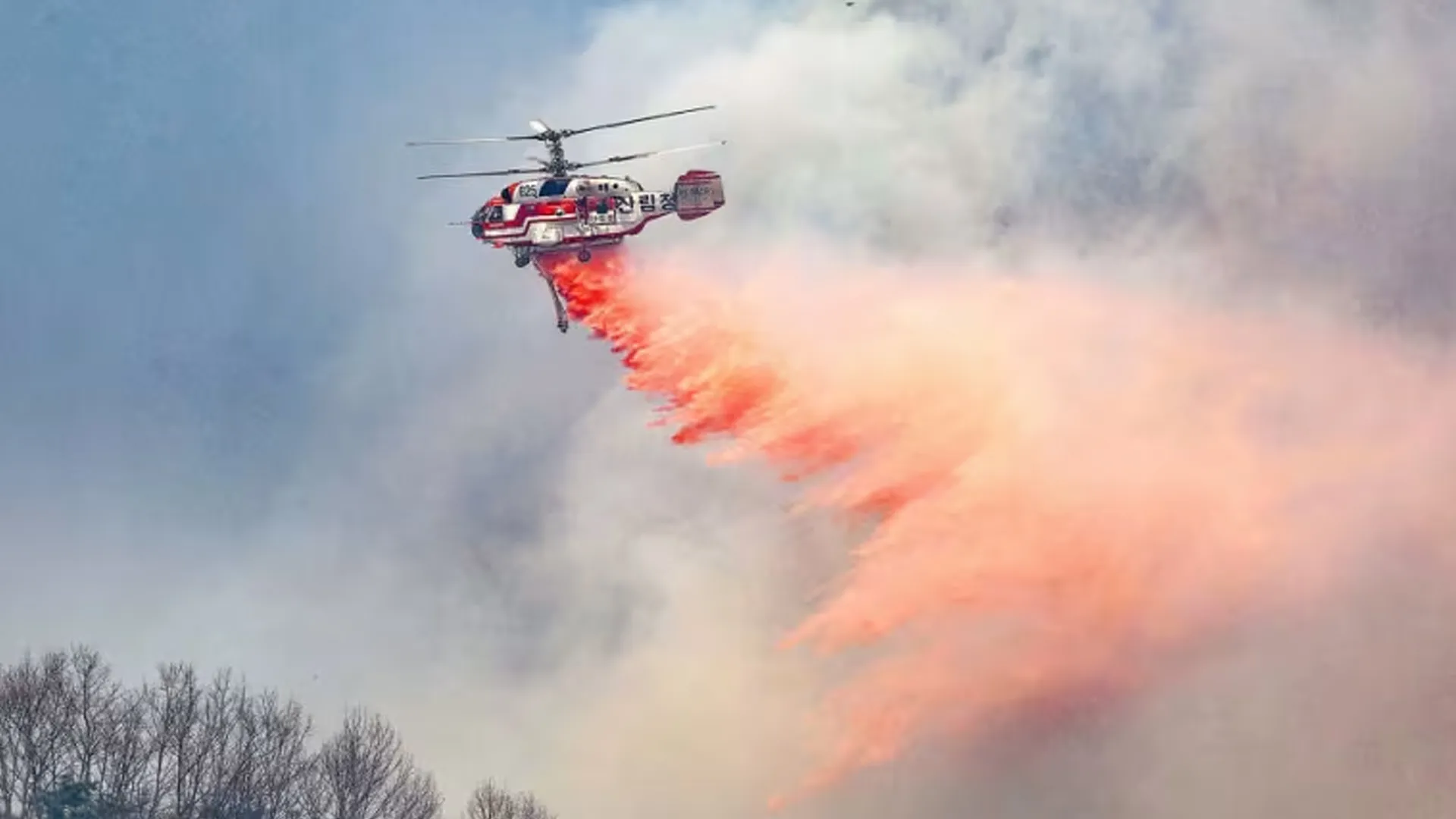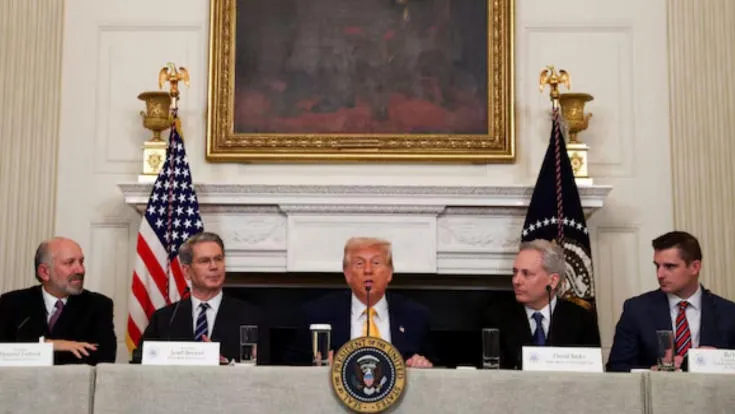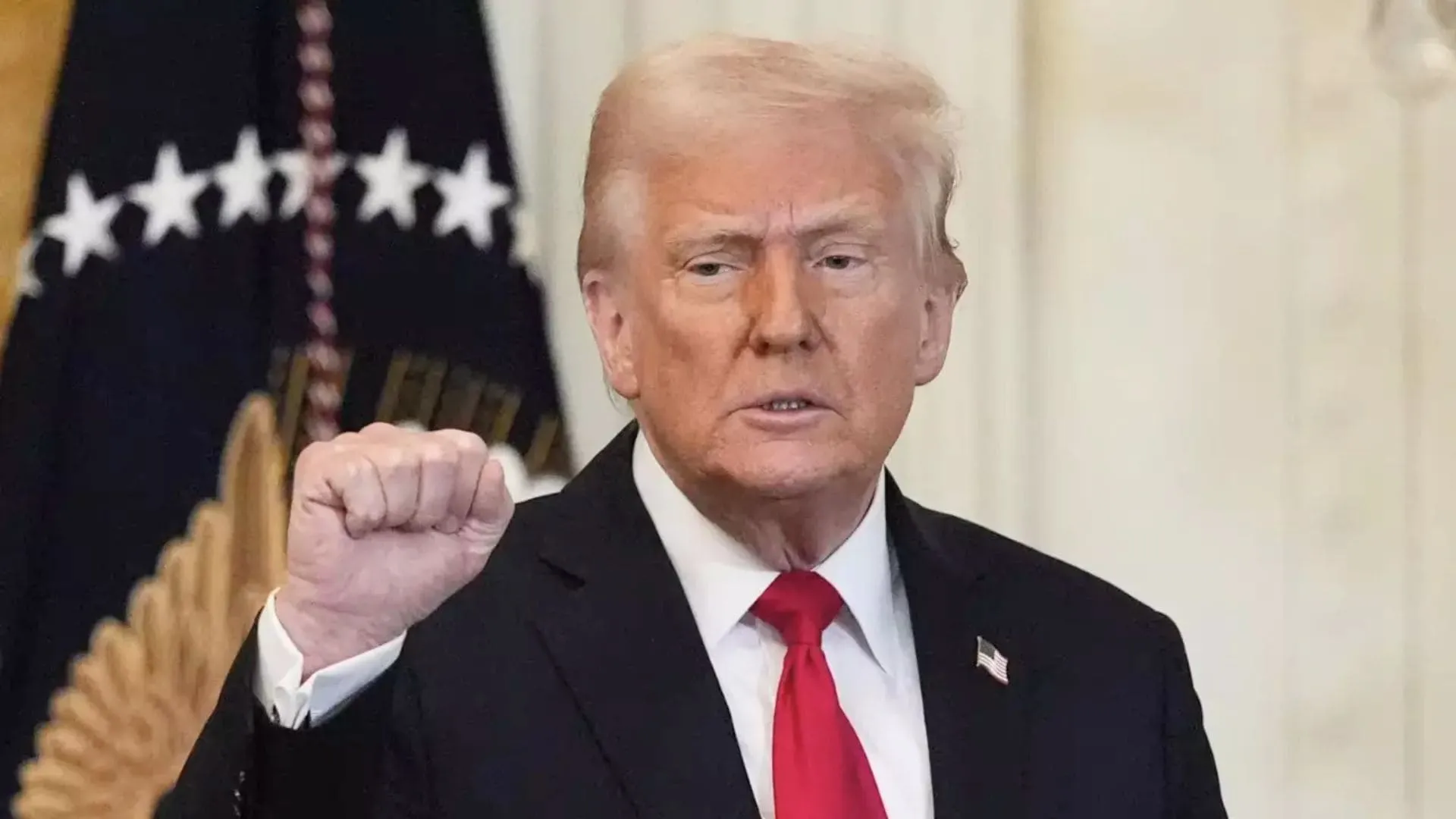Belize, a country in Central America has declared a state of emergency due to a rise in gang-related violence. The order came out on Tuesday which states that the government has given police extensive powers, such as searching homes without warrants and holding suspects for up to 90 days without charge. Originally planned for 30 days, on Friday, the emergency has been extended to better tackle increasing crime.
The emergency includes a nighttime curfew for minors to prevent them from being recruited by gangs. Belize, part of Caricom, is working with other Caribbean countries to fight crime, including limiting access to assault weapons. Prime Minister Johnny Briceño assured citizens that the emergency measures are aimed only at troublemakers and won’t affect law-abiding people.
Opposition leader Moses Barrow criticized the government for not having a clear plan to address the increase in murders, which he attributes to gang conflicts over marijuana sales with the population of about 4,15,000. Some have compared Belize’s emergency measures to those in El Salvador, where the police argue they are necessary to restore order by seizing weapons and arresting suspects.
However, the state of emergency has split public opinion in Belize. Some people support the police’s efforts to reduce crime, while others criticize their actions. One person commented that police target kids based on where they live, causing family trauma. Another person believes the police are not randomly arresting people and should be allowed to do their job.
Monique Teck said her boyfriend, Kurtis Lamb, was detained without being involved in any gangs, and police did not explain why he was arrested. Stephanie Reynolds demanded justice for her son, Tyreek, who she claims has been harassed by officers despite having no criminal record.
This is Belize’s second state of emergency this year, seen as a short-term fix for ongoing problems. However, Police Commissioner Williams stresses the need for targeted measures backed by solid information, despite concerns about human rights. The move has sparked debates on whether tough policing can effectively combat rising gang violence and what the long-term solutions should be for Belize’s crime issues.

